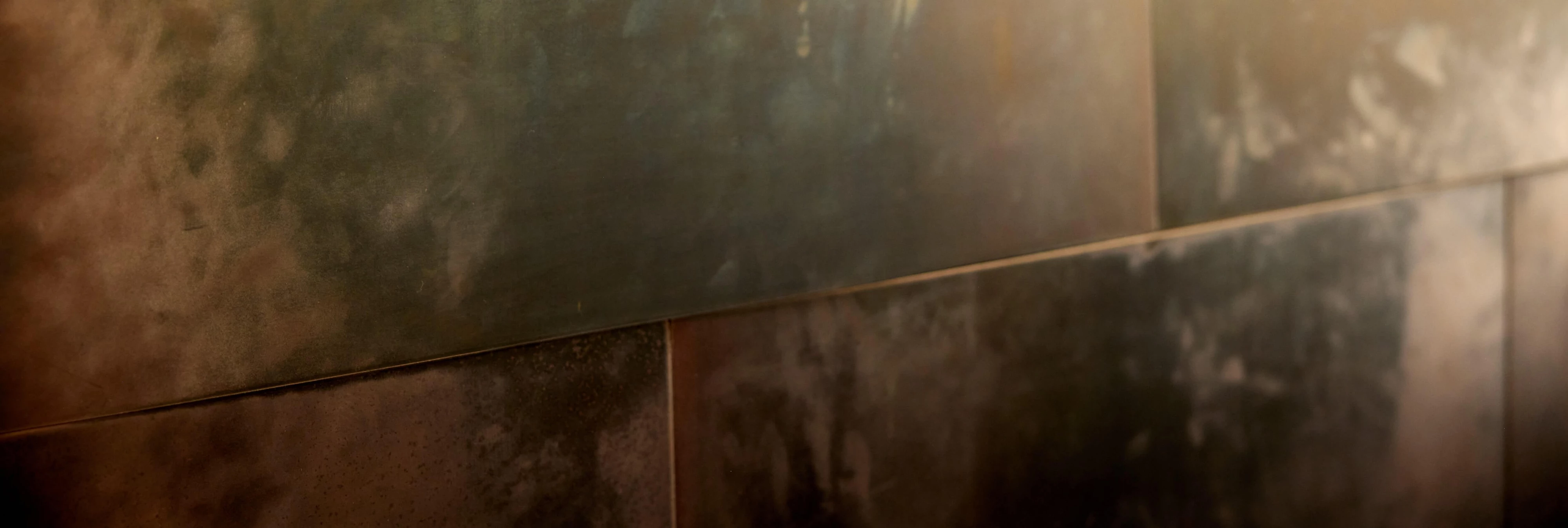Posts
1 - 6 of 7 Posts
-
Easements on the Move
A New Washington Law Allows Servient Estate Owners to Move Burdensome and Inconvenient Easements.
-
The Kids Are Alright
SFF Attorneys volunteer at AMTA mock trial event.
-
Washington Legislature adds to the Residential Landlord Tenant Act an option for a Fee in Lieu of Security Deposit
New law providing residential landlords and tenants with an optional alternative to the traditional security deposit.
-
Washington Supreme Court invalidates one-year contractual limitation period for lawsuits under residential construction contract
The Washington Supreme Court found a residential construction contract's one year limitation period substantively unconscionable.
-
Employer Options for COVID-19 Vaccinations and Masking for Employees
Options for employers to consider as King County, the State of Washington, and the country continue to make progress in vaccinations and lif...
-
“Because of Sex”: Supreme Court Finds Title VII Protects Gay and Transgender Workers
The U.S. Supreme Court held that lesbian, gay, bisexual, and transgender workers are protected from discrimination in the workplace.


